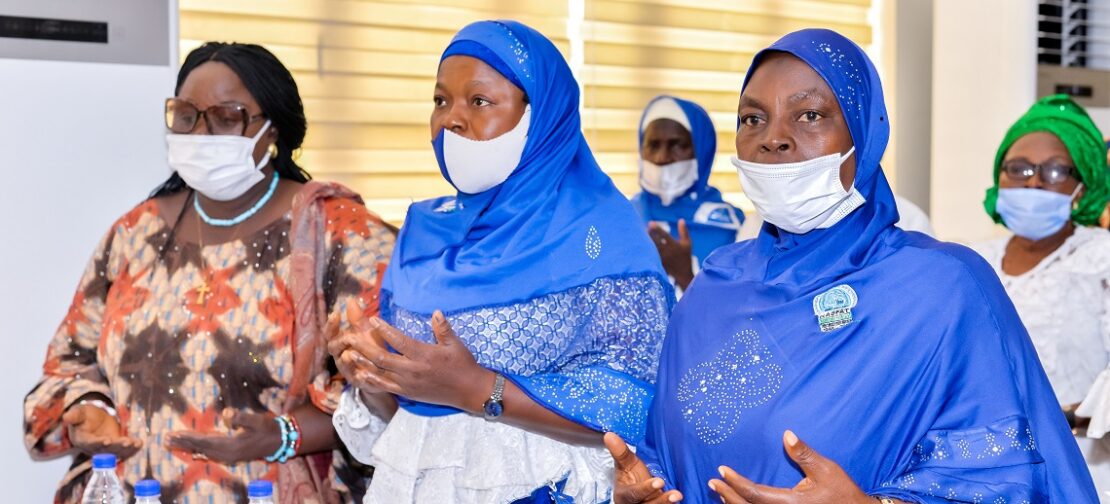- 1, JDPC Street, Bishop Emeritus Compound, G.R.A., Ijebu-Ode, Ogun State, Nigeria.
- (234) 705-444-5063 / (234) 803-351-2299

It is no longer news that Nigeria’s Maternal Mortality Rate is one of the highest in the world. The United Nations Economic Commission for Africa says that one in seven global maternal deaths occurs in Nigeria that is more than 50,000 women dying per year in Nigeria. The World Health Organization (WHO) also reported that COVID-19 pandemic, rising poverty, and worsening humanitarian crises have intensified pressures on stretched health systems. It said according to the report, global progress in reducing deaths of pregnant women, mothers and babies has flatlined for eight years due to decreasing investments in maternal and new-born health.
In Ogun State, budgetary allocation and spending aimed at improving maternal health services outcomes have focused more on the secondary and tertiary health facilities in urban areas, neglecting the primary health care centers, mostly in rural communities and this have continued to increase the impact of the underlying causes of primary health care services. The identified central causes are:
This calls for more and smarter investments in primary healthcare so that every woman, baby, pregnant women especially PWD and HIV women with pregnancy no matter where they live, have the best chance of health and survival.
In addressing these problems, government at the national and sub-national have made some effort in enacting the National Health Act which gave birth to the Basic Health Care Provision Fund (BHCPF). In Ogun State, the government has keyed into the provision fund by appropriating the counterpart funding. However, there are systemic issues that need to be addressed for effective delivery of the services at the PHCs. Some of these issues identified are:
The midwife service scheme is another health funding streams an initiative by the national government to close the gap of inadequate skilled personnel in the PHCs. On yearly basis, the national government allocate funds for the scheme but how far has the state been able to access this funding opportunity?
From the budget credibility research outcomes, it was observed that most of the PHCs generate some revenue from services render to patients however such revenue is not accountable for as part of income generation for the state or local government, so the BIG question is what happens to such funds, and how can the WDCs by their oversight functions ensure that such funds are accounted for and utilized appropriately.
Going forward with the SPARK 2 intervention, the following strategies will be adopted.
You can also download the final report of SPARK 1.0 below.
Project: Strengthening maternal healthcare services at primary healthcare centres (PHCs) in marginalised communities of Ogun State.